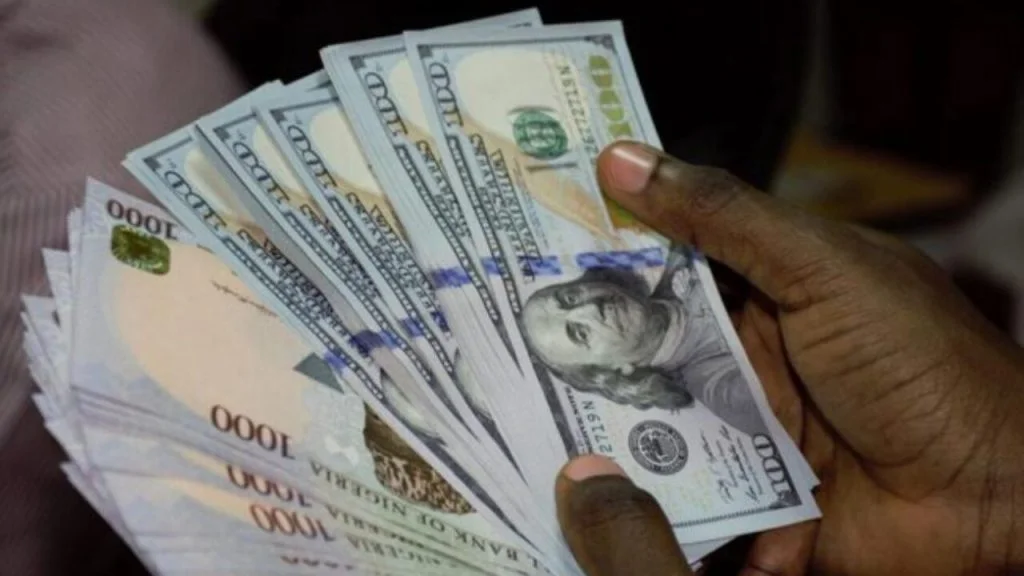
Keep up with latest news and be part of our weekly giveaways and airtime sharing, follow our WhatsApp channel for more update. Click to Follow us
The Central Bank of Nigeria has disclosed that significant risks to the country’s external reserve growth by the 2024–2025 fiscal year are decreased crude oil earnings, the elimination of fuel subsidies, lower import bills, and greater obligations to service external debt.
In its instructions for monetary, credit, foreign trade, and exchange policy for the fiscal years 2024 and 2025, the apex bank made this information public.
The reduction of fuel subsidies, lower import costs, higher external debt servicing requirements, and decreased crude oil earnings are all significant factors in Nigeria’s overall economic growth, according to the CBN.
However, the CBN predicted that Nigeria’s external sector would be hopeful in 2024–2025 due to the expectation of advantageous terms of trade brought about by persistent increases in the price of crude oil and an improvement in the country’s domestic output of crude oil.
“The positive outlook is supported by the sustenance of crude oil price, propelled by the decision to cut production, and gains from capital flows and remittances.
“However, lower crude oil earnings, fuel subsidy removal, rising import bills, and increased external debt servicing obligations could pose downside risks for the accretion to external reserves.
“In addition, the sustained monetary policy tightening by central banks across advanced economies increases the risk of capital outflow,” it said.
This, the CBN added, would retain Ways and Means to the Federal Government at 5 percent in the period under review.
Nigeria’s external reserves stood at $36.865 billion as of September 12, 2024, according to CBN data.
Please don’t forget to “Allow the notification” so you will be the first to get our gist when we publish it.
Drop your comment in the section below, and don’t forget to share the post.








